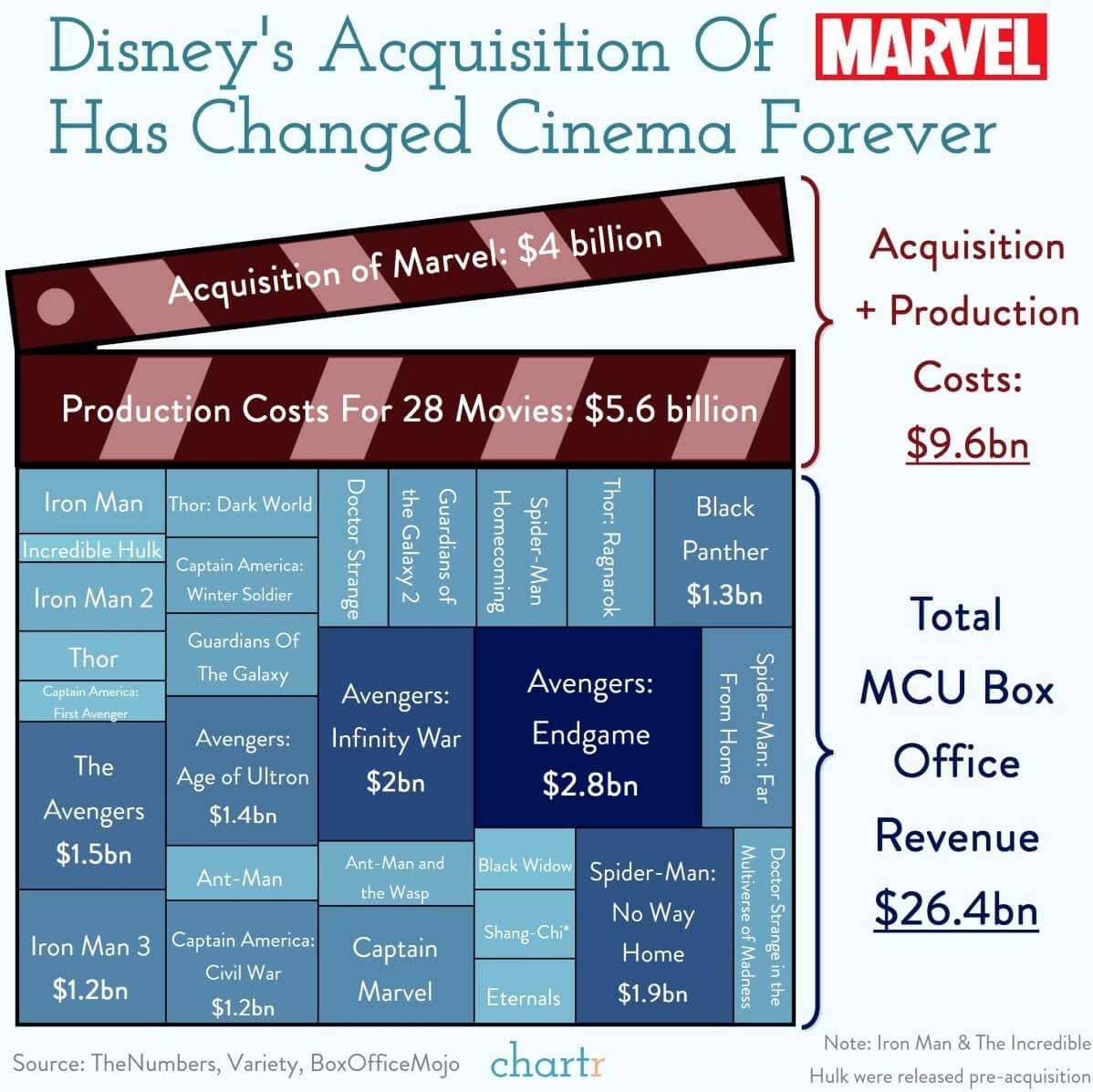Tuesday morning news drop
The faces from China’s Uyghur detention camps Thousands of photographs from the heart of China’s highly secretive system of mass incarceration in Xinjiang, as well as a shoot-to-kill policy for those who try to escape, are among a huge cache of data hacked from police computer servers in the region. (BBC)
How Did It Happen?: The Great Inflation of the 1970s and Lessons for Today. The pickup in the U.S. inflation rate to its highest rates in forty years has led to renewed attention being given to the Great Inflation of the 1970s. A key conclusion is that the fact that a nonmonetary perspective on inflation is no longer prevalent in policy circles provides grounds for believing that monetary policy in the modern era is well positioned to prevent the recurrence of entrenched high inflation rates of the kind seen in the 1970s. (Federal Reserve)
When Elon Musk Dreams, His Employees Have Nightmares: Tesla buyers never got the promised software update. The cars still cannot drive themselves without humans. But every year since then, he has repeated different versions of this claim. (New York Times)
When I First Saw Elon Musk for Who He Really Is The CEO’s mythmaking often obscures an uglier truth. The public is finally reckoning with it. (Slate)
Like capitalism itself, business journalism is broken. Can it be fixed? Talking to New York Times reporter David Gelles about the implosion of capitalism, the failure of the business press to tell that story, and how it can do better now. (The Ink)
Might I suggest not listening to famous people about money? If you are mad at Tom Brady about crypto, you should also be mad at Tom Selleck about reverse mortgages. (Vox)
A Disturbing New Pattern in Mass Shootings: Young Assailants Six of the nine deadliest mass shootings in the United States since 2018 were by people who were 21 or younger, a shift from earlier decades. (New York Times)
Netflix slips and Hollywood cheers. Maybe it shouldn’t. Netflix is losing subscribers. Does that mean Netflix has a problem or that streaming has a problem? (Vox)
Norm Macdonald had one last secret ‘Nothing Special,’ filmed just before he died, is the comedian’s final Netflix offering. (Washington Post)

